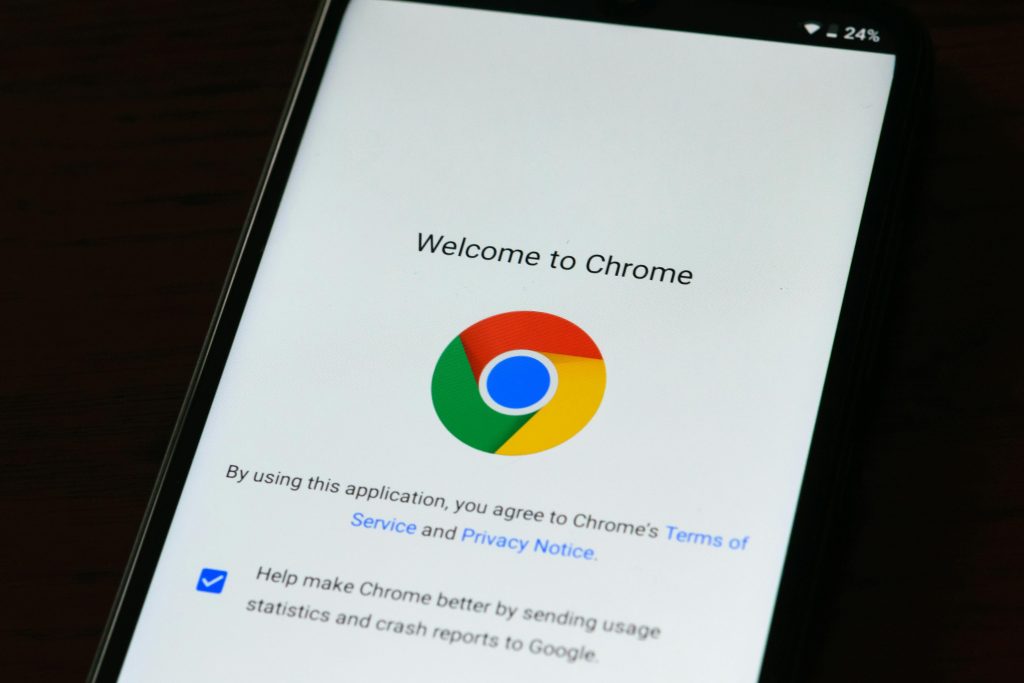Major Breach Exposes InfraGard’s Vulnerabilities: A Wake-Up Call for Cybersecurity
In a significant security breach, the FBI’s InfraGard program has come under scrutiny following the revelation that its user database has been compromised. This program, designed to foster collaboration between the FBI and the private sector for sharing vital information on cyber and physical threats, has faced a serious setback. Reports indicate that the contact information of over 80,000 members has been leaked and is now available for sale on an online cybercrime forum.
Compounding these issues, the hackers behind this breach have seemingly exploited their access by communicating directly with InfraGard members. Utilizing a new account that impersonates a financial industry CEO—an individual who was approved through FBI’s vetting process—these cybercriminals are engaging in alarming tactics that highlight significant flaws in the system’s security measures.
This incident raises critical questions regarding the vetting processes in place and the overall security framework intended to protect sensitive information. Cybersecurity experts are urging organizations to reevaluate their protocols and enhance their defenses to prevent similar breaches in the future.
For further details on this troubling situation, you can read more here. As we navigate an increasingly digital landscape, this breach serves as a stark reminder of the vulnerabilities that persist even among trusted institutions.
Share this content:




Thank you for sharing this important update. Security breaches like this highlight the critical need for rigorous vetting procedures and strengthened access controls within sensitive programs such as InfraGard. If you’re managing a WordPress site and want to help prevent similar issues, consider implementing the following best practices:
If you suspect your site has been compromised or want to enhance your security posture, consider consulting with a cybersecurity professional or reaching out to your hosting provider for additional support. Staying proactive is key to safeguarding your digital assets and maintaining user trust.